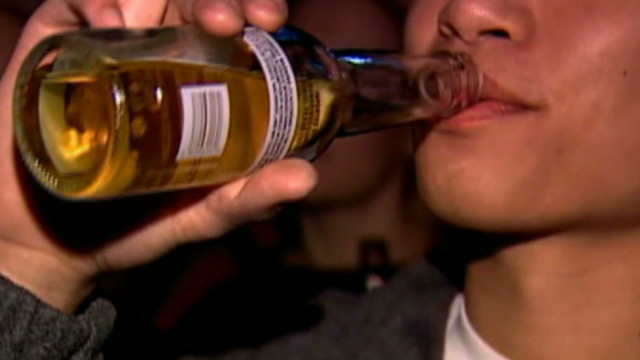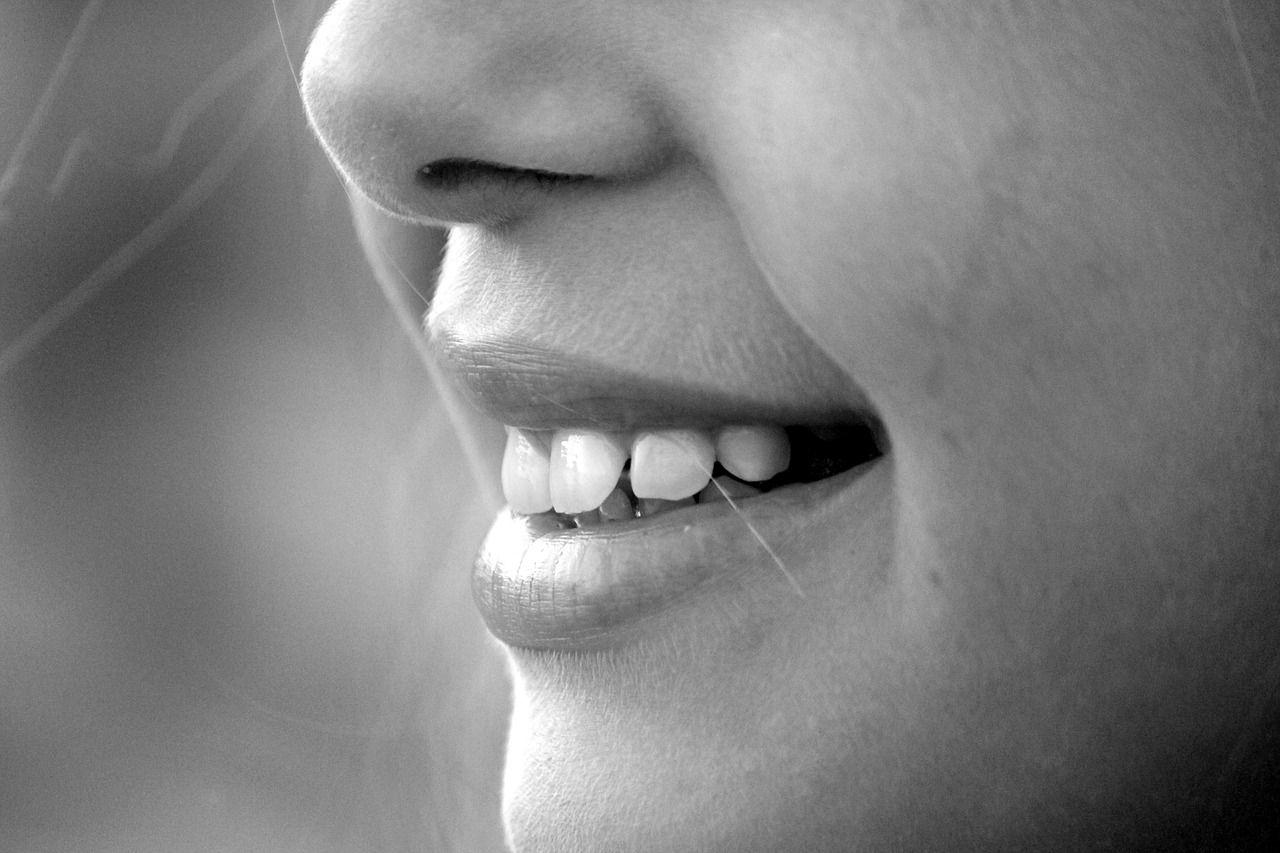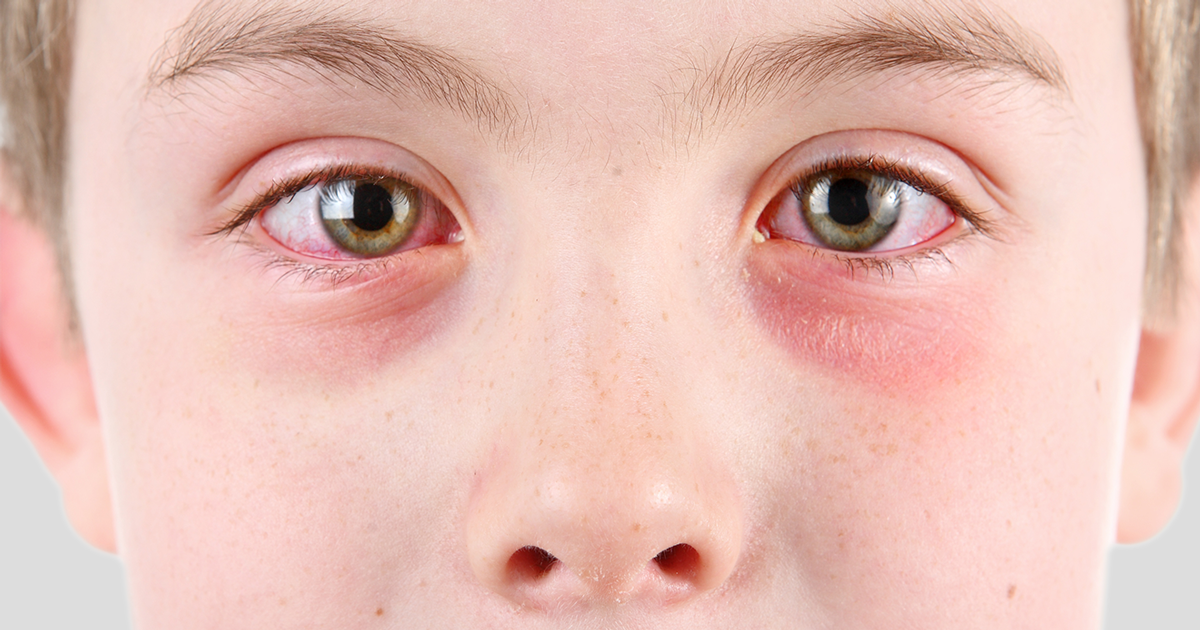What is Wisdom Tooth?
Wisdom tooth is actually the third molar and last tooth to erupt in the mouth. Third molar usually erupts in the range of age group of 17-25 years at which a person is supposed to attain wisdom, hence named as Wisdom tooth.
Rarely, a person may have full complement of 32 teeth with functional or healthy wisdom tooth. Sometimes all four third molar tooth buds may be missing (lucky one!), and in some cases third molars are present either in upper or lower arch only.
Also Read: Harmful effects of Pyaria and how to treat them?
When a Wisdom tooth is misaligned, it can cause crowding or sometimes damage the adjacent teeth or Jawbones.
Should I Worry if my Wisdom Teeth has not Erupted so far?
With the evolution of human race, the jaw size is undergoing “Disuse atrophy” – term explaining the phenomenon of the reduction in the size of an organ owing to its decreased use.
The factors responsible for this may be changes in diet texture, pattern and the type of diet one have. Contrary to the crude or hard diet of ancient times, in modern era diet has turned to be more refined and soft. With the decrease in jaw size the wisdom tooth may not get sufficient room to erupt, consequently may erupt partially or may not erupt at all also known as Impaction.
Problems Associated with Wisdom Tooth
- Pain-localized in the region of third molar, or referred to the region surrounding ear, skull, down to the neck
- Difficulty in chewing food
- Difficulty in opening mouth
- Bad Breath
- Wisdom tooth, many times may cause dental caries or root infection. Caries is a dental term associated with the decaying or teeth or cavities, caused by a special type of bacteria. The bacteria can destroy the tooth’s enamel and the layer under it.
- Damaging the roots and crown of adjacent second molar, can cause infection, caries, periodontal breakdown or resorption
- Partially erupted tooth-inflammation of soft tissue over it(Pericoronitis)
- Wisdom tooth may get infected itself and the infection may spread to the deeper tissues (space infection)
- Cyst formation
- Tumor formation
Is it Possible to Cure Wisdom Tooth?
Although fully erupted and problem free third molars does not require any treatment. However, this counts for less number of cases. Overall management depends upon whether the tooth is erupted partial or complete impacted, associated problems, prognosis of adjacent teeth and cost and benefit ratio.
Treatment of Wisdom Teeth depends upon the following factors:
- Whether the wisdom tooth is erupted partial or complete or not.
- Prognosis of adjacent teeth
- Cost and benefit ratio
- Other associated problems
Treatment of Wisdom Teeth to get Relief from Pain
The following two treatments are recommended for problems associated with Wisdom tooth problems:
- Temporary Treatment of Wisdom Tooth
- Warm saline rinses and antibacterial mouthwashes to keep the clean
- Antibiotics and Over the counter pain Medication
- Permanent Treatment of Wisdom Tooth
- Operculectomy
In completely erupted wisdom tooth the gum tissue may cover tooth(Operculum),which may get infected (Pericoronitis) by repetitive the trauma from biting forces. So in this case portion of gum covering third molar is removed. - Coronectomy(Partial removal)
Inferior alveolar nerve is a nerve that runs in proximity to wisdom tooth in lower arch of lower third molars. Removal of third molar may damage this nerve. So, in these cases we extract the crown portion of the tooth leaving roots as it is, provided the roots should be healthy without any pathology. - Extraction
Procedure is done under suitable anaesthesia by surgically lifting the mucosa(flap ).The tooth is removed after bone cutting ,flap is replaced and sutured.Suture may resolve on there own or need to be removed after few days. - Prophylactic removal
Removal of unerupted asymptomatic third molar in the anticipation of preventing future risks and complications. Currently no general consensus among oral surgeons over this issue.
- Operculectomy




